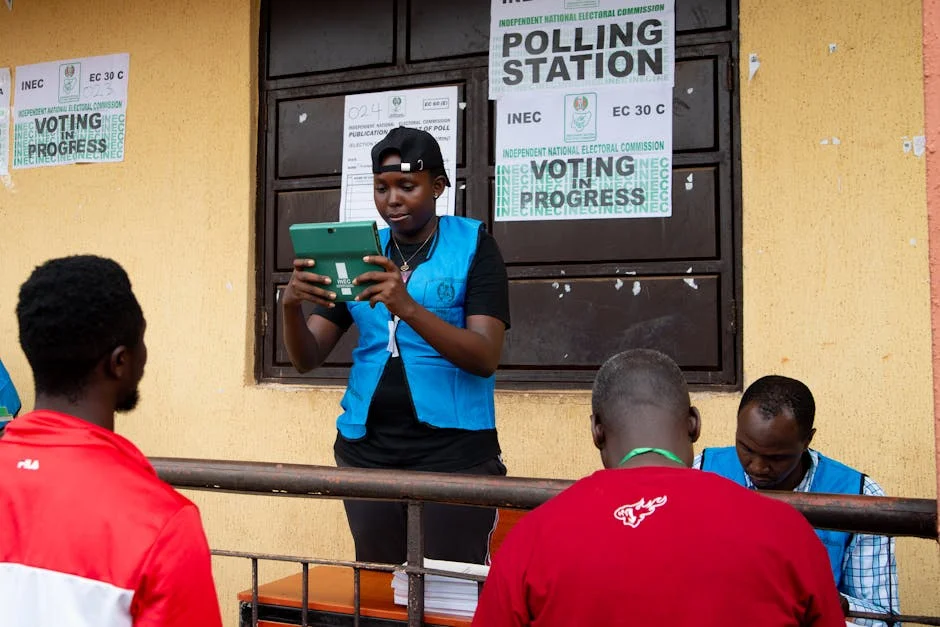In recent years, a troubling phenomenon has been on the rise within Nigerian universities – the emergence of “Yahoo boys.” These young individuals partake, primarily young students, in fraudulent online activities, preying on unsuspecting victims for financial gains. This piece aims to shine a spotlight on the activities of Yahoo boys in Nigerian universities, the contributing factors propelling their growth, and the potential consequences for both the individuals involved and society at large.
The term “Yahoo boys” stems from the use of Yahoo email services by individuals engaged in online fraud. These perpetrators employ various deceitful techniques, including identity theft and phishing scams, to dupe internet users into revealing personal information, such as passwords and credit card details. Nigerian universities have sadly become breeding grounds for these activities, with students enticed by the allure of quick wealth and material possessions.
Multiple factors contribute to the proliferation of Yahoo boys within Nigerian universities. Foremost among them is the country’s challenging socio-economic situation. Many students grapple with financial hardships, struggling to afford registration fees, accommodation, and basic necessities. The temptation of easy money and a luxurious lifestyle becomes alluring, leading some to resort to fraudulent activities as a means of survival.

Another significant factor is the lack of adequate guidance and mentorship within universities. These students often find themselves surrounded by peers involved in cybercrime activities, further normalizing fraudulent behavior. The absence of role models or positive influences perpetuates the cycle, making it difficult for individuals to break free from this harmful path.
While we point the finger at harmful influences on young students, we should also consider how poor parenting has led to this national disgrace. Some Nigerian parents now send their kids to university without paying for their basic needs. Such circumstances make freshmen recruitable candidates for Yahoo boys.
Furthermore, the widespread availability of internet access and the prevalence of social media platforms provide Yahoo boys with an extensive and anonymous platform to carry out their schemes. The anonymity of the internet allows them to hide their true identities and evade detection by law enforcement agencies.
The activities of Yahoo boys have far-reaching consequences, both for the individuals involved and society as a whole. First and foremost are the legal repercussions. Engaging in fraudulent activities is a criminal offense, and those caught face the risk of prosecution, imprisonment, and a tarnished reputation that can have long-lasting effects on their future prospects.
READ ALSO:William Ruto’s Speech on the Dedollarization of Africa: Prospects and Challenges – By Oluseyi Sumanu
Moreover, the negative impact extends beyond the individuals involved. Nigeria’s reputation is at stake, as the country has become synonymous with online fraud. This tarnishes the image of Nigerian students abroad and hampers efforts to build trust and attract foreign investments. Additionally, the financial losses incurred by victims, both within Nigeria and abroad, contribute to economic instability and erode trust in online transactions.
Confronting the issue of Yahoo boys in Nigerian universities requires a multi-faceted approach. It starts with parents ensuring that the basic needs of their children are adequately provided for, as the saying goes, “charity begins at home.” Additionally, parents should maintain vigilance over their children’s lifestyle by occasionally surprising them with visits at school.
On the part of universities, there is a need for increased awareness and education about the dangers and consequences of engaging in fraudulent activities. Providing guidance and mentorship programs can help students navigate financial challenges while instilling ethical values.
Law enforcement agencies must also strengthen their efforts to combat cybercrime. Collaborative initiatives between universities, government bodies, and international organizations can develop strategies to identify and apprehend those involved in online fraud. Moreover, strict penalties and efficient legal processes must be in place to deter potential offenders.
The rise of Yahoo boys in Nigerian universities is a concerning trend with significant consequences for individuals and society. It is imperative that universities, government bodies, and law enforcement agencies work together to address the root causes and provide support systems that steer students away from fraudulent activities. By doing so, Nigeria can protect its reputation, foster a culture of integrity, and provide a brighter future for its young generation.
Oluseyi is a trained journalist and filmmaker, and he can be reached via email:[email protected]



